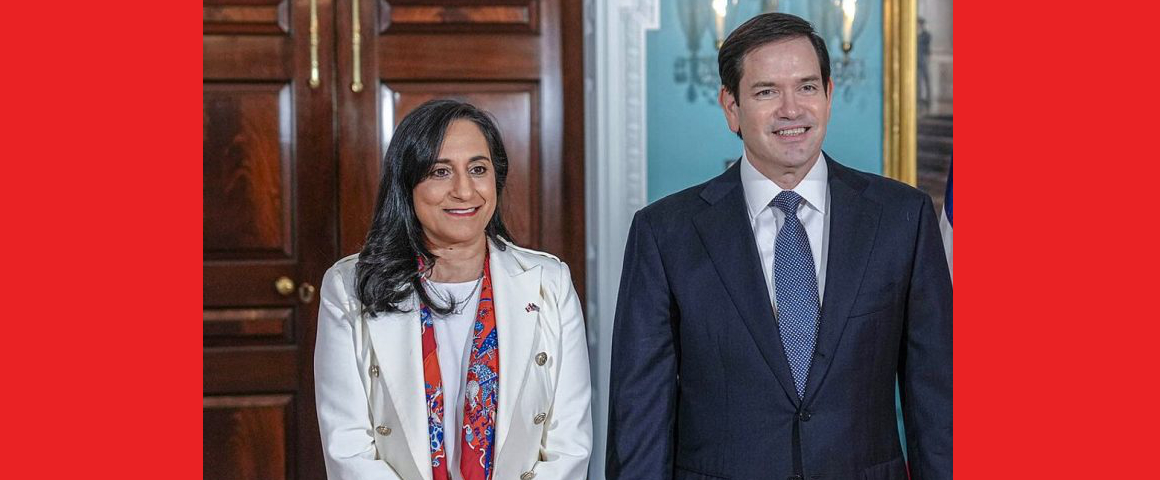Only a few months have gone by since the 38th Central Convention of the Communist Party of Canada, but the pace of political developments keeps speeding up. That was the starting point, when the CPC’s new Central Committee met over the Oct. 15-16 weekend in Toronto.
The CC meeting featured two distinct but related sides: a wide-ranging examination of recent global politics, and a review of the priorities adopted last May by convention delegates.
A Political Report was introduced by Liz Rowley, who was elected leader in January 2016. The report stresses that the world is becoming increasingly dangerous because of the actions of U.S. imperialism, with the backing of the Trudeau Liberal government on key issues, such as close relations with the fascist government of the Ukraine, and sending 500 Canadian troops to Latvia as part of a new NATO battalion. In other regions, Canada supports the expanding war in Iraq and Syria, and the “made-in-the-USA” soft coups in Brazil and elsewhere in Latin America.
Syria has become a critical flashpoint, as Canada joins the U.S. and NATO in the push “to depose the elected government of Bashar al-Assad, in favour of a new government that is compliant to imperialism’s strategic and energy pipeline plans for the Middle East. This is being done just as the Syrian government has finally gained the offensive over the Islamic State and the foreign mercenaries who, supported by US imperialism, are responsible for the deaths of 400,000 Syrians, the mass migration of refugees to Europe, and the destruction of Syria itself.”
Many U.S. officials, including Democratic presidential candidate Hillary Clinton, are clamouring to impose a “no fly zone” in Syria, similar to the tactic which led to the overthrow of the Kaddafi government in Libya. There are also rumblings of a U.S. “cyber war” against Russia, escalating tensions even further. A special resolution adopted by the CC calls for immediate action to “silence the drums of war over Syria” and to press for a return to negotiations seeking a political solution to the conflict.
Unfortunately, despite the growing war danger, the Canadian Peace Alliance, formed in the early 1980s as a broad coalition of anti-war groups, has ceased to function in recent years, and the level of trade union involvement in peace issues has declined. The CC discussed plans to help strengthen peace forces across the country, in particular the Canadian Peace Congress, which has active local councils in a number of cities. The immediate priority is to mobilize larger numbers of people to speak out against the imperialist drive to topple the al-Assad government, and against the dangerous US-NATO-Canada strategy to encircle and isolate Russia.
A number of other international issues were discussed by the CC, from the “regime change” tactics used by imperialism against progressive Latin American governments, to the Brexit vote in Britain, and the Nov. 8 election in the US, which will have huge global implications. The presidential campaign could shelve the current version of the Trans-Pacific Partnership, but since the TPP is heavily backed by U.S. corporate interests, it could be back on the table in 2017. The CC agreed to prioritize a pan-Canadian day of Communist actions against the TPP early in the new year, with details to be announced soon.
All eyes are on the Clinton-Trump race, where the Democratic candidate appears to be pulling ahead. The CC expressed the “hope that the American people will defeat Trump and the dangerous and powerful forces backing his campaign,” since the Republican candidate “promises a return to the past, built on racism, sexism and homophobia.”
But the election of Hillary Clinton would bring other dangers, since she has taken the most hawkish foreign policy positions. While condemning Trump’s brutal misogyny and immigrant-bashing at home, Clinton has consistently promoted U.S. imperialist strategies abroad, including corporate trade deals, and wars and occupations which have brought terrible hardships to millions of women and girls. The lack of a people’s alternative to the corporate-backed Democrats and Republicans continues to hamstring the ability of the working class to fight for progressive change, although the large primary votes for Bernie Sanders indicates that radical social and economic policies have wide appeal in the United States.
Turning to Canada, the CC listed a string of broken Liberal election promises. These include the pledge to embrace the UN Declaration on the Rights of Indigenous Peoples by respecting aboriginal sovereignty. Instead of opposing pipelines, fracking, and other resource extraction projects, the Liberals have lobbied hard for the Keystone XL pipeline, indicated their strong support for the Kinder Morgan Trans Mountain Pipeline, Energy East, and Line 9 in Ontario and Quebec. They have just approved the Site C Dam on the Peace River, which will run through Treaty 8 lands which are environmentally sensitive and unique, as well as prime agricultural lands.
The government is also taking heat for its flawed “consultations” on the future of Canada Post, Bill C-51, electoral reform, the TPP and CETA trade deals, and other issues. These exercises, the CC said, look more and more like stalling tactics, rather than real public consultations.
More crucial in the long run, the economy is anything but ‘sunny’ for the working class, the unemployed and the youth. As the report states, unemployment is stuck at 7% with an estimated 2 million looking for work. Low wages and pensions make it difficult for non-unionized workers to retire, and precarious work now comprises more than 40% of the workforce. Negative economic indicators include weak growth rates, low commodity prices, a ballooning trade deficit despite the 76 cent dollar, and a looming possibility of another recession. While working people fall behind, the six big banks raked in $10.4 billion in profits in the second quarter of this year, and other corporations are also reporting record profits. Turning to the fightback against government austerity policies and corporate attacks, the CC saluted the militant strike by workers at Montreal’s Old Port, and the successful struggle for a new collective agreement by the Canadian Union of Postal Workers. On the downside, the recent Unifor agreement with General Motors gives up defined benefit pensions for new hires, and accepts a 3-tier wage and benefits package for 4,000 members in St. Catharines, Oshawa and Woodstock.
“These two collective agreements illustrate two trends in the labour movement today,” says the political report. “On the one hand, collaboration with the employers to secure scraps from the table, and on the other hand, a militant struggle uniting the workers with their labour and social allies to defeat the employer. The first trend leaves the union divided and demoralized; the second generates unity and militancy on the shop floor, in bargaining, and in mass independent labour political action.”
Other important struggles this fall include the ongoing “Fight for $15″ minimum wage campaign, the Nov. 2 day of action against tuition hikes organized by the Canadian Federation of Students, the battle in British Columbia against cuts to public education, the Black Lives Movement against police killings and systemic racism, and the campaign to save universal public Medicare.
In this situation, CUPW President Mike Palecek recently issued a call for a pan-Canadian Solidarity Coalition to labour and its social allies. The CC supported this important proposal, as “the kind of unity in struggle that’s urgently needed and that could turn labour’s struggle from defensive to offensive.”
The meeting heard reports from across the country about rising numbers of new members and activity for the Communist Party and the Young Communist League, which reflects “growing disillusionment with capitalism by millions of young people and workers, many of whom are searching for real alternatives.” Upcoming issues of People’s Voice will feature coverage of this significant political trend.




